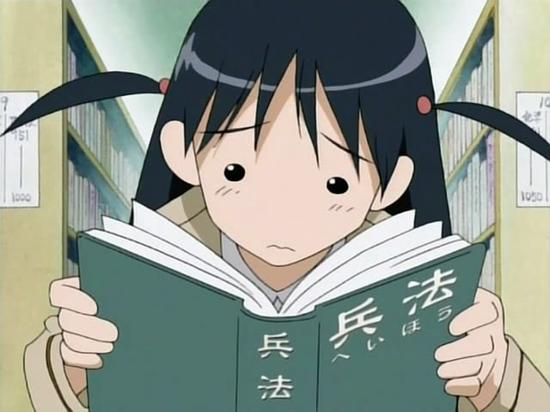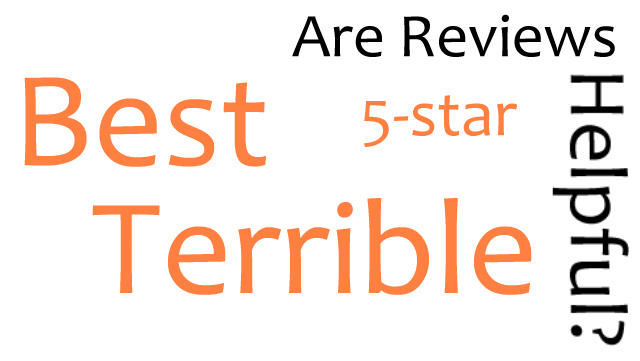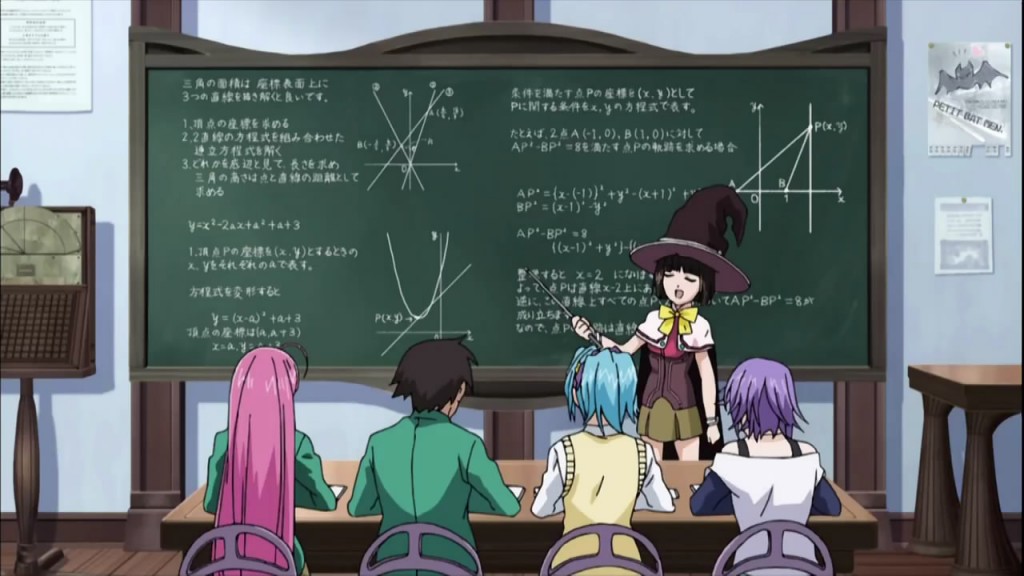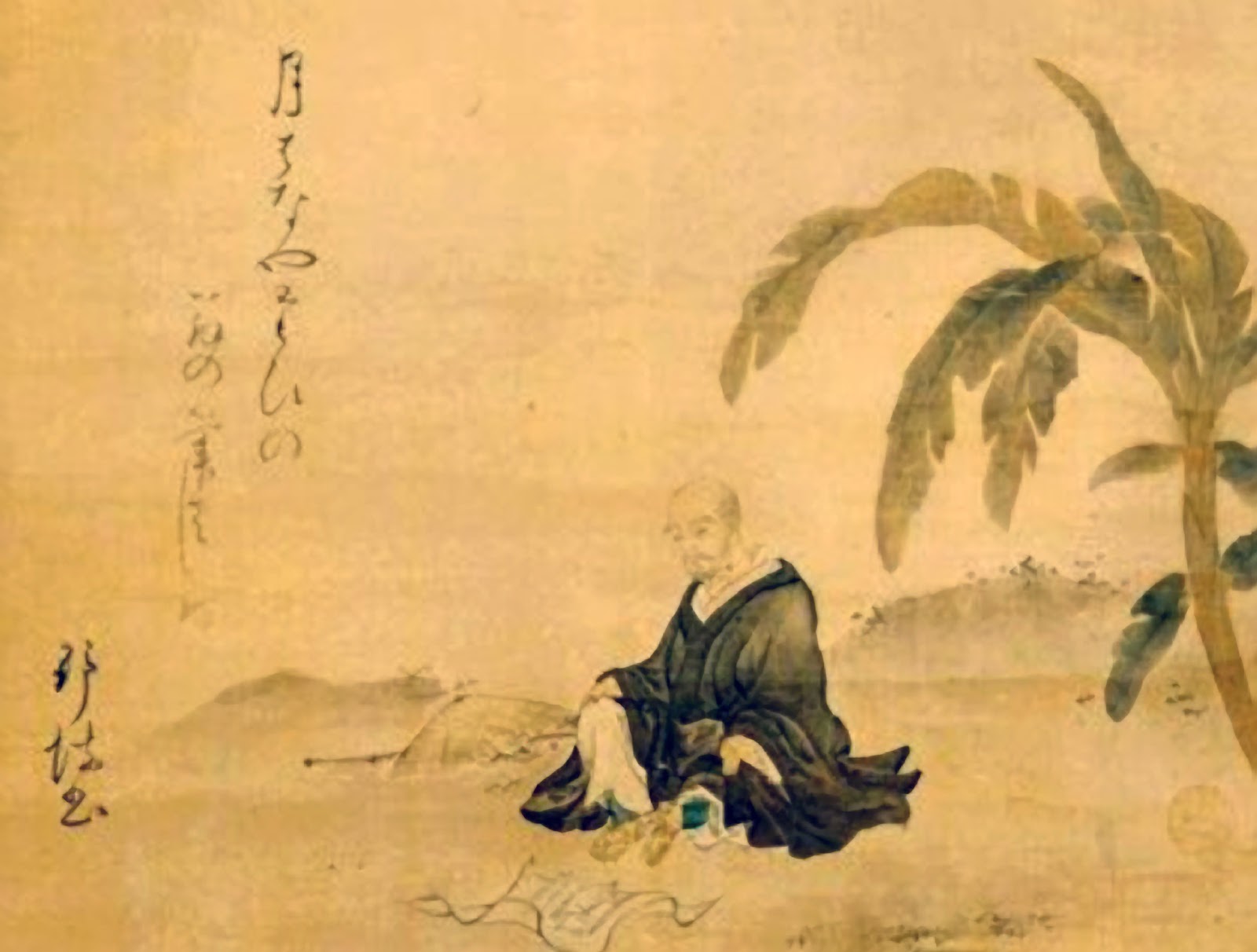
If you compare anime from the 1980s to now, you will see differences in animation style, dialogue, and stories. This reflects the differing expectations and interests of the audience and the change in technique by studios. On the other side, we also see more fan-service today, which reflects the shift in the community’s outlook. I would argue some of that is the shift we’ve seen in relationships in general. With today’s hookup culture, divorce rates, and alternative relationships like waifuism, fan-service caters to a different form of escapism. Granted, I’m speaking only about anime available in the United States.Of course, anime is an international medium that starts in Japan, so it will reflect Japanese audience sensibilities. However, we live in an interconnected world with overlapping ideas. Those overlaps appear in anime. They act as a small window to view a community’s psychology.

That’s quite a bit to tease out of anime, isn’t it?
The complexity of anime’s interplay with the audience and international culture makes it tough to write about. I can’t, in a single article, cover every nuance. That’s why I write in a way that builds upon previous articles. This can get me into trouble sometimes, however. For example, my article “Anime Undermines American Masculinity” has received some fire for overgeneralizing and ignoring how anime encourages misogyny and more typical masculine behavior in addition to being an elitist East vs. West argument. However, I intended the article to sit in the greater context of JP. I’ve covered all of those issues in previous articles (misogyny here and here), so I intended “Anime Undermines American Masculinity” to cover a topic I hadn’t yet touched in my framework. Of course, we don’t consume the Internet in that way. We consume it piecemeal, so people will see my click-baity title, skim just that article, and draw conclusions without knowing the greater context the article fits within. No single blog article can cover all the nuances of a topic like anime or literature or even video games. But blog articles fit into a website’s greater context, and within that context, my over-generalization problem falls away. I even state in the article that not all anime supports an alternative masculinity, but as these things go, people didn’t see those sentences. I had already covered the criticisms around the topic if people read beyond a single post. However, even a negative conversation is still a conversation that gets people thinking.
I say this not really to gripe (okay, a little), but rather point out the problem of studying anything complex and writing about it online. Academic journals begin their arguments with pages of how their study fits within context, but I can’t really do that here. Regular readers would get bored and passersby would skip over it anyway (just as I sometimes skip over those sections in academic journals). The nature of the Internet also comes into play. People often don’t fully read articles–I don’t either. People mostly comment and discuss with what they disagree or dislike. It’s human nature to focus on the negative. It takes work to notice the positive–I see this in myself as I study. I tend to focus on anime’s problems instead of what anime does well.
So why study anime? I study and read about all kinds of topics in addition to anime: Japanese history, the Roman Empire, 1st Century Christianity, Zen, Science (I love astronomy), art, writing, classic films, psychology, economics, Japanese folklore, gardening, and just about anything else that catches my interest. But, you see, all of these things are interconnected. Often in my research for JP, I will find ideas that trace back to the Roman Empire (because Roman culture still underpins our Western thought processes), and these ideas interact with Japanese ideas found in anime. If you study one topic, you will touch on all.
Most of all, studying anime is fun. I get to pull from my animation background and use my librarian research muscles. So why do you write about anime? What do you get from it or enjoy?




“Your skin isn’t paper, don’t cut it.
Your face isn’t a mask, so don’t hide it.
Your size isn’t a book, don’t judge it.
Your heart isn’t glass, don’t let others shatter it.
Your life isn’t a film, don’t end it.
I just want to say to whoever happens to read this, I love you and wish you a peaceful sleep and a wonderful, beautiful day. You are not alone”
Thank you offering encouragement!
It’s just that I find Japanese culture interesting. Their norms, attitude and way of life reflect how far their nation have progressed and prospered. And one of the most suitable medium one can understand all these aspects. Surely if their way of life has greatly benefited them as an individual and as a nation, then why wouldn’t we? Isn’t it about time that we learn from them also as they did from the western world?
We have much to learn from each other. The trick is getting people to listen. You’re right. Anime is one avenue to open this dialogue.
Some of the very important things we need to learn from Japanese culture is respect, courtesy, honor and hard work. We rarely see those aspects especially from the youths nowadays. How much better can the world be if only everyone adopt those qualities?
Not to mention a focus on social harmony.